Would you like more information on the Cyber Security Degree?
"*" indicates required fields
The digital transformation that all modern societies are experiencing has turned cyber security into a global demand and, therefore, one of the professions with the most promising futures at this time. However, the growing demand for this profile faces a significant weakness in the employment market due to the lack of qualified specialists to meet current needs and foreseeable future requirements.
The aim of this unique university degree is to train professionals with knowledge in engineering, programming, networking, security and the legal framework for its application in the field of cyber security.
As an added value of this degree, the curriculum incorporates three lines of specialisation totalling 48 ECTS, which will allow students to obtain honours in specific areas such as Programming, Data Science and Multimedia.
A global demand
The progressive digitalisation of society has led to the increase in threats that put the security and integrity of computer systems at risk. This situation of vulnerability is growing dangerously due to the absence of borders, the lack of rules and laws and the slow qualification of new generations in the field of information security.
A shortage of professionals
Professional profiles in cyber security are a priority for the immediate future. The complexity of the systems and technologies used implies a need for people with specific knowledge, who can guarantee security, react in an agile way to mitigate attacks and then regain operability. Job offers in this field have skyrocketed in recent years. According to the Spanish National Observatory of Technology and Society (ONTSI in its Spanish acronym) and the Spanish National Institute of Cybersecurity (INCIBE in its Spanish acronym), 84,000 additional professionals will be needed by 2024.
Highly specialised
Students studying this degree will have the opportunity to learn about the methodologies, the techniques and tools necessary to plan, manage, design and implement security measures, taking into account the most current threats. This degree guarantees specialised training in the most demanded high-level profiles in this environment, such as Chief Information Security Officers (CISOs), Cyber Security Analysts, Cyber Security Auditors and Ethical Hackers.
| Subject | Semester | Credits |
|---|---|---|
|
Discrete Mathematics |
1 |
6 |
|
Algebra |
1 |
6 |
|
Programming I |
1 |
6 |
|
Foundations in Computer Systems. OS |
1 |
6 |
|
Introduction to Cyber Security |
1 |
6 |
|
Statistics |
2 |
6 |
|
Networks I. Introduction |
2 |
6 |
|
Productivity Technologies |
2 |
6 |
|
Access Control |
2 |
6 |
|
Computer Structures – Compilers |
2 |
6 |
| Subject | Semester | Credits |
|---|---|---|
|
Object Oriented Programming |
3 |
6 |
|
Networks II. CCNA |
3 |
6 |
|
Databases |
3 |
6 |
|
Analysis and Types of Malware |
3 |
6 |
|
Regulations and Laws |
3 |
6 |
|
Networks III. CCNA II and Incident Resolution |
4 |
6 |
|
Cryptography |
4 |
6 |
|
Algorithm Design and Analysis |
4 |
6 |
|
Framework, Standards and Compliance |
4 |
6 |
|
Risk Analysis and Management |
4 |
6 |
| Subject | Semester | Credits |
|---|---|---|
|
Database Security |
5 |
6 |
|
Data Protection |
5 |
6 |
|
Secure Programming (SDLC) |
5 |
6 |
|
Website Development |
5 |
6 |
|
Optional 1 |
5 |
6 |
|
Cloud Security |
6 |
6 |
|
Ethical Hacking I – Penetration Test (pentest) |
6 |
6 |
|
Threat Intelligence |
6 |
6 |
|
Digital Forensics – Information Hiding Techniques |
6 |
6 |
|
Optional 2 |
6 |
6 |
| Subject | Semester | Credits |
|---|---|---|
|
Optional 3 |
7 |
6 |
|
Optional 4 |
7 |
6 |
|
Optional 5 |
7 |
6 |
|
Optional 6 |
7 |
6 |
|
Final Degree Project |
7 |
6 |
|
Optional 7 |
8 |
6 |
|
Optional 8 |
8 |
6 |
|
Optional 9 |
8 |
6 |
|
Optional 10 |
8 |
6 |
|
Final Degree Project |
8 |
6 |
Students will be professionals in the field, with specialised training in computer programming, with an emphasis on game programming and immersive technologies. It will prepare them as specialists to ensure security in the new scenarios of network collaboration: video games and metaverses.
| Fourth year subjects | Credits |
|---|---|
|
Mechanics |
6 |
|
Software Engineering |
6 |
|
Artificial Intelligence |
6 |
|
Computer Graphics |
6 |
|
Physical Simulation |
6 |
|
Mobile Device Programming |
6 |
|
Immersive Technology Development |
6 |
|
Network Programming |
6 |
The students will be professionals capable of organising a company to be data-driven, ensuring data security and privacy in all links of the chain. Moreover, they will be able to extract hidden information from data and make accurate decisions, increasing their employability by becoming competent professionals in data security and profitability.
| Fourth year subjects | Credits |
|---|---|
|
Data Science and Life Cycle |
6 |
|
Data Acquisition and Preparation |
6 |
|
Data Mining |
6 |
|
Machine Learning |
6 |
|
Process Mining |
6 |
|
Data Visualisation |
6 |
|
Deep Learning |
6 |
|
Data Science. Data Governance |
6 |
Students will be eclectic professionals, specially trained to disseminate one of the most complex and specialised sciences such as cybersecurity and make it understandable to the general public. They will use the latest technologies to create narratives and discourses to disseminate the most complex and scientific concepts, adapting them to all sorts of citizens.
| Fourth year subjects | Credits |
|---|---|
|
Multimedia Production |
6 |
|
Technology and Graphics |
6 |
|
Transmedia Programming |
6 |
|
Digital Content |
6 |
|
Music and Multimedia |
6 |
|
Immersive Technologies |
6 |
|
User Experience |
6 |
|
Agile Management Methodologies |
6 |
*The student can choose to do a non-specific honours speciality studying a selection of the subjects offered in the different honours specialities
Under the terms and conditions set forth in the aforementioned Royal Decree and the regulations in force, access to the course may be granted to those who meet any of the following requirements (see the access requirements for the University Degree in Cyber Security).
The University does not envisage any access tests being required for this degree. Thus, access to the first year of the degree will be through university pre-registration, a system that guarantees equal conditions in the entry process for the first year of any university course.

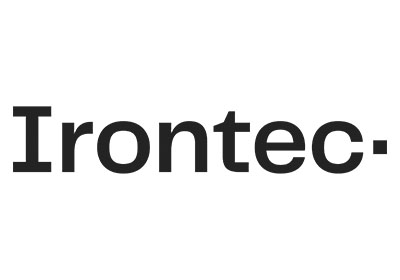
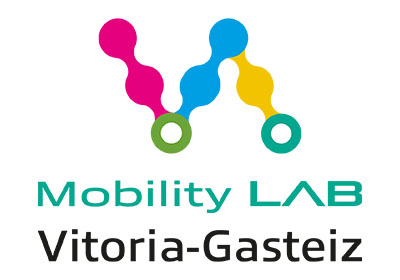
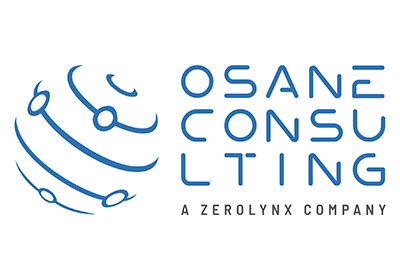
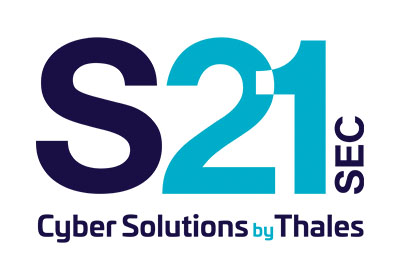
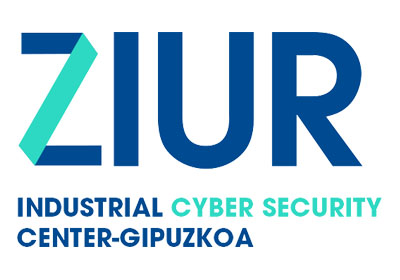
(*) Important note: This university qualification is awaiting accreditation to become official in accordance with the legislation in force. In order for it to be official and to start teaching it, the following pending procedures must be fulfilled:
EUNEIZ
Paseo de la Biosfera, nº6
01013 Vitoria-Gasteiz
Álava-Araba
Opening hours from
8:00h to 16:00h
EUNEIZ
Paseo de la Biosfera, nº6
01013 Vitoria-Gasteiz
Álava-Araba
Opening hours from
8:00h to 16:00h
EUNEIZ UNIVERSITY has been recognised by LAW 8/2021 of November 11 and plans to begin its activities for the 2022-23 academic year. Find out more.